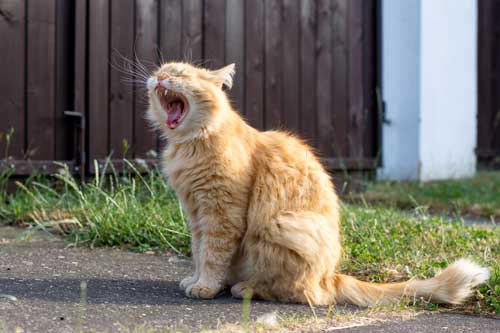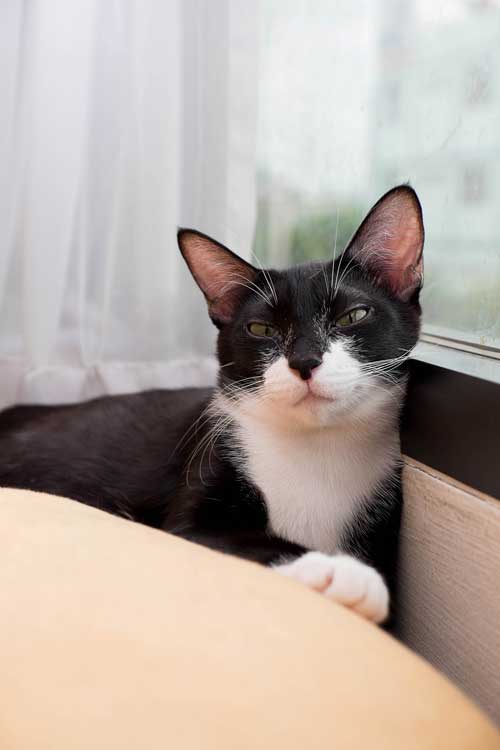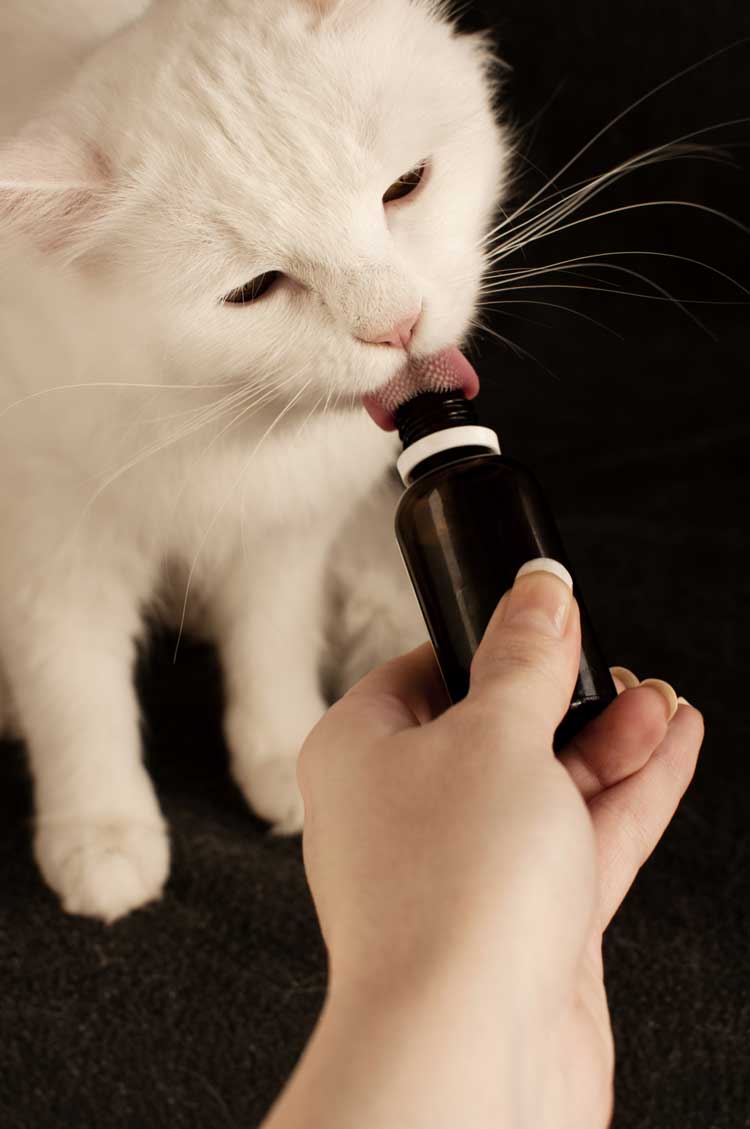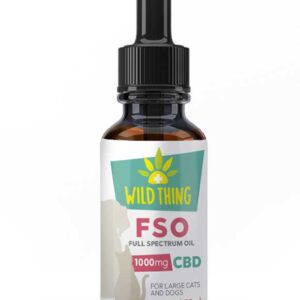Cats can be among the most observant and sharp – literally! – animals that humans interact with. However, our feline friends can also suffer from the mental fog and cognitive degeneration associated with Dementia.
Your cat, just like any human, will undergo changes to their mental and physical health as they start to get older. As cats age they are more likely to suffer from Feline Senile Dementia, often referred to as cognitive dysfunction system (CDS). The effects will be very noticeable to you as a cat owner. You will notices a change in awareness and responsiveness as well as their memory. Cats showing signs of anxiety that were not noticeable in the past may also be in the early stages of Feline Senile Dementia.
Ailment Guides:
cognitive dysfunction syndrome in cats
What causes feline dementia?
It is sad to say, but as is the case with humans, the underlying cause of dementia in cats is still unknown. What we do know is it’s caused, in part, by a lack of blood and oxygen flow to the brain. This is why dementia in cats is more common as they begin to age. Genetics also appear to play a large role in which cats will suffer from this disease.
symptoms of dementia (cds) in cats:
This will be a tough time for your cat and knowing what to look for can help you support them through this tough time in their life. There are some obvious changes you may start to notice that in your cat that include:
- Disorientation
- Not using the litter box
- Extreme irritability
- Reduced self-grooming
- Less social interaction
- Deterioration of learned behaviors
- Excessive licking
- Increased meowing
- Restlessness
- Lethargy
There could be many medical reasons for these behaviors, so don’t be too quick to assume it’s a cognitive decline. If many of these symptoms are showing, it’s best to see your veterinarian for an examination to help target the exact cause. You know your cat best and should not hesitate to make this decision when symptoms begin to show.
Unfortunately there is no cure for a cats cognitive decline, however there is plenty you can do to support them and improve their quality of life in this difficult time. It’s important that you maintain a healthy and active lifestyle for you cat if it’s suffering from dementia. Mental stimulation and physical activity will only help improve their cognitive functions.
Changing your cats diet can also help make them comfortable and improve cognitive functions. Be careful not to make any sudden changes to their routines as this may lead to confusion and anxiety. Try to keep their litter box, sleeping space and other important furniture in places they are used to and comfortable with. Your veterinarian may also be able to help with some medication if the anxiety and restlessness begins to worsen.
Learn More:
Tips On Using Cbd Oil To Treat Your Pets
What Type Of Animals Can Benefit From Cbd Oil
Can Benefit Dogs Cbd For Dogs And How It Can Change Your Pets Quality Of Life
Treatments for feline dementia
Why CBD can be an effective treatment & preventative for dementia in cats
CBD – or Cannabidiol – can be an effective remedy for your cat’s cognitive dysfunction syndrome (CDS).
CBD – or Cannabidiol – can be very beneficial for the prevention of dementia, and an effective remedy for the symptoms of this neurological disease. CBD oils and treats can assist in the prevention of infections and reduction of tumors, lessen the effects of lethargy, gastrointestinal issues and skin & coat deterioration.
CBD is generally effective and it has been widely used for increased cognition in cats. Think of CBD as a supplement that can reduce the severity and frequency of most CDS symptoms, and it also has the benefit of reducing anxiety, stress and nervousness.
CBD has the capacity to block pain receptors from being triggered, effectively stopping chronic pain or mental fog from taking their toll on your cat. Cannabidiol does not just block the pain however, it can also reduce swelling and inflammation in the body.
CBD is a phytocannabinoid that has been shown to have a prominent effect on numerous ailments. CBD does this by interacting with your cat’s endocannabinoid system. Almost all animals, like people, have an endocannabinoid system; this network of neurotransmitters is integral to physiological processes like memory, mood, pain, stress and appetite.
CBD can help your cat by producing anti-inflammatory, anti-anxiety, antipsychotic, antispasmodic and analgesic effects indirectly – that is, CBD interacts with your cat’s ECS (Endocannabinoid System) opposite to THC which directly binds to the Cannabinoid Receptors of the body. This does two things: makes the positive remedial properties more bioavailable to your pet; and lessens or negates the psychoactive effects, such as those associated with THC ingestion.
As you can see by the wide scope of ailments that CBD effects, it is clear how introducing CBD into your cat’s routine can help to maintain a healthy brain. As the saying goes: sharp mind, sharp body – and sharp claws!
Ailment Guides:
How To Calm Hyperactivity In Dogs
Heart Disease In Dogs
Hip Dysplasia In Dogs










